Discussing the draft Law on Electricity (amended), National Assembly delegate Ta Van Ha said that if Article 61 stipulates the level of development of the competitive electricity market as in the draft, it is unknown when a truly competitive electricity market will be established.
When will we have a truly competitive electricity market?
On the afternoon of November 7, continuing the working program of the 8th session, the National Assembly discussed in the hall the draft Law on Electricity (amended).
Video: National Assembly Delegate Ta Van Ha speaks at the discussion on the draft Electricity Law (amended).
National Assembly Delegate Ta Van Ha (Quang Nam delegation) highly agreed on the necessity and urgency of amending and perfecting the legal system in this field.
According to Mr. Ha, in 2023, the National Assembly Standing Committee conducted a thematic supervision on the implementation of energy development policies and laws in the 2016-2021 period, pointing out many bottlenecks, and we need to absorb those results.
At the same time, electricity is a special commodity, not just a surplus that can be stored in a warehouse, we must meet the demand of the economy. Therefore, to ensure energy security, when the economy only needs to grow by 1, the demand for electricity must grow by 1.5.
"With the current economic growth rate, if we do not prepare one step ahead, energy security will be very difficult," said delegate Ta Van Ha.
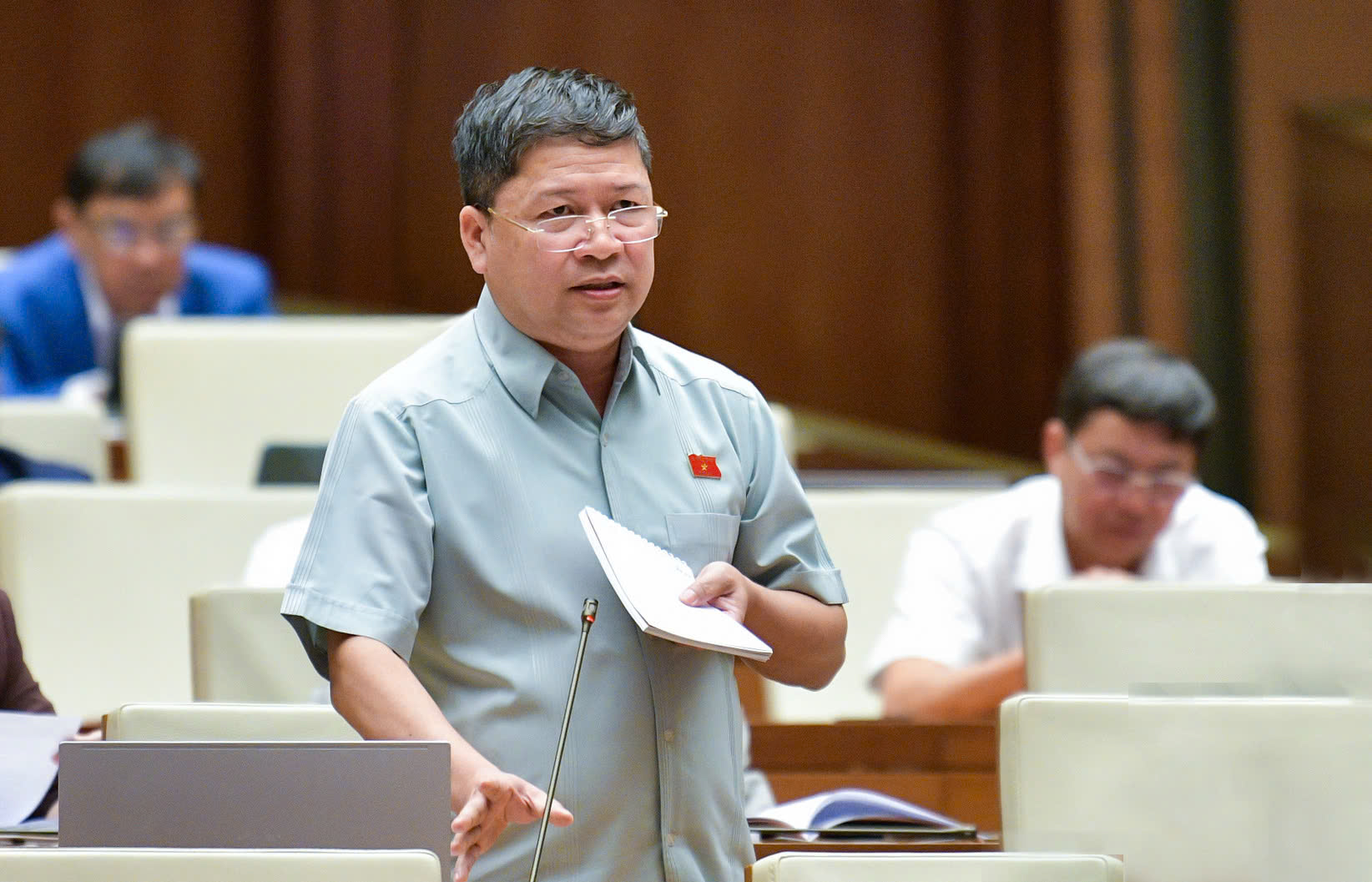
National Assembly Delegate Ta Van Ha (Quang Nam delegation).
Regarding the scope of the amendment, Mr. Ha said that it needs to be comprehensively amended, but to amend and pass it in one session would not ensure quality. Therefore, it is advisable to consider amending it in two sessions.
"We are not in such a hurry that we have to do it in one session," Mr. Ha said.
Regarding some contents such as the issue of developing self-produced and self-consumed electricity from renewable energy sources: Article 33 stipulates that organizations and individuals installing rooftop electricity during construction with a scale of up to 100kW do not have to change the land use purpose. Mr. Ha said that 100kW is very small.
"A fertilizer factory is built on a 1MW factory floor, now we force people to convert the entire factory into land for energy? This is not encouraged," said Mr. Ha.
Article 61 on the development levels of the competitive electricity market has three levels: competitive electricity generation market, competitive wholesale electricity market, and competitive retail electricity market.
Delegate Ta Van Ha said that we need regulations to suit the operational needs of competitive electricity market levels.
Conditions that must be completed before starting to operate competitive electricity market levels include: Completing the legal system, restructuring the electricity industry; infrastructure of the electricity system and electricity market; reforming the electricity price mechanism, gradually reducing and eventually eliminating cross-subsidies between customer groups and between regions.
"I don't know when we will have a truly competitive electricity market if the regulations are like this. I think we will have a truly competitive electricity market only during the tangerine season," said Mr. Ha.
Public and transparent electricity price adjustments
National Assembly delegate Thach Phuoc Binh (Tra Vinh delegation) said that the draft law needs to supplement and clarify regulations on electricity price mechanisms, especially prices for different types of energy and for each region.
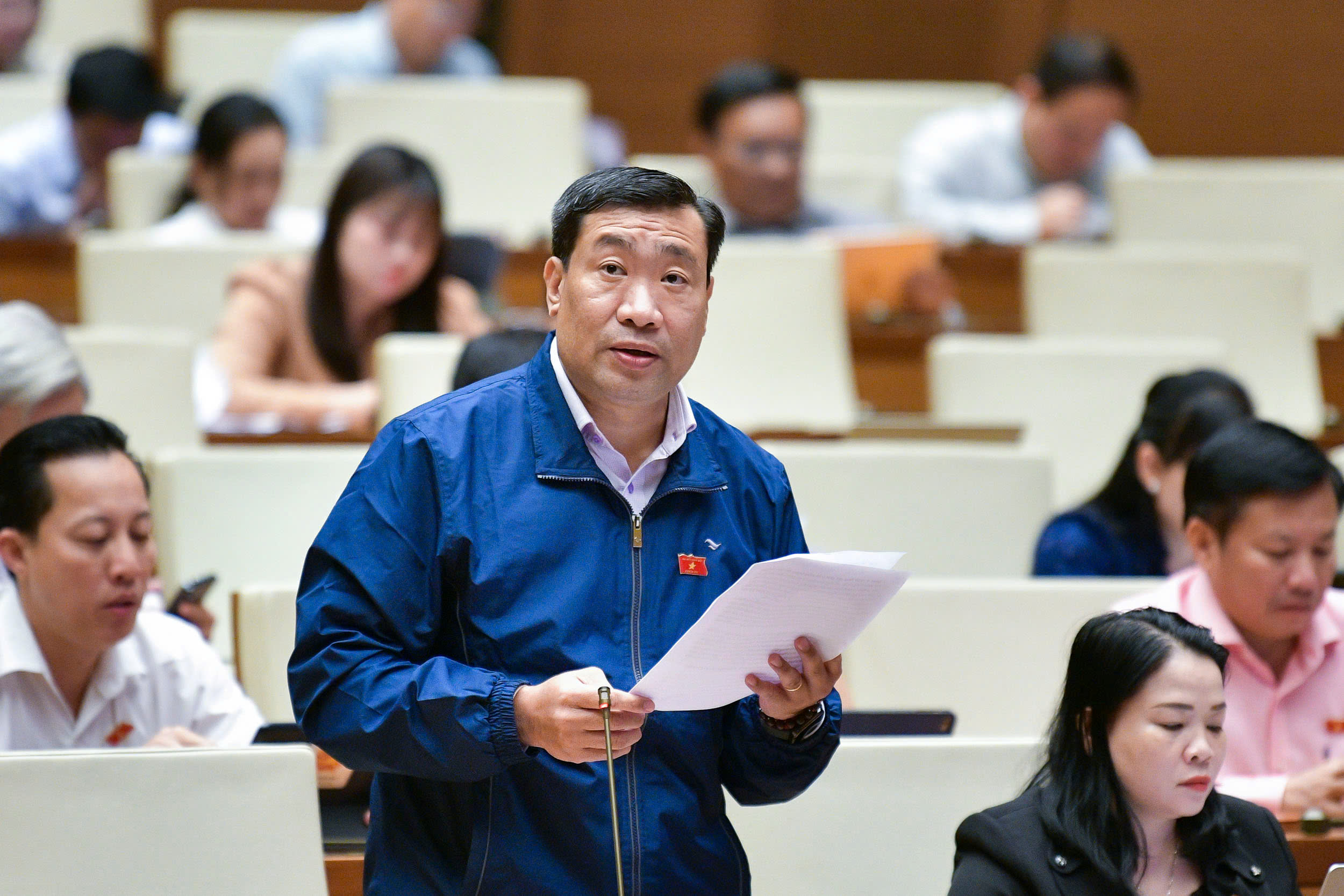
National Assembly Delegate Thach Phuoc Binh (Tra Vinh delegation).
Mr. Binh proposed to build a flexible electricity pricing mechanism based on factors such as peak and off-peak hours, geographical conditions and energy supply. This will encourage efficient and economical use of electricity during off-peak hours, ensuring consumers' rights in accessing information on electricity prices and the electricity price adjustment process.
In addition, electricity price adjustments should be public, transparent and subject to supervision by state management agencies.
Regarding solutions to develop a competitive electricity market, this delegate also said that the draft law needs to have a clear roadmap for the transition from a privileged mechanism to a competitive electricity market.
"It is necessary to supplement specific regulations on the steps to open the electricity market, including the wholesale market and the competitive retail electricity market, and regulations on the responsibilities of management agencies in supervising and coordinating the electricity market, to ensure fairness and transparency.
Along with that, regulations should be issued to control the monopoly of large corporations in the electricity industry to protect the interests of consumers and investors," Mr. Binh suggested.
Nuclear power is a must.
Explaining some issues raised by National Assembly deputies, Minister of Industry and Trade Nguyen Hong Dien said that currently, the electricity price framework is regulated according to the Law on Prices and the Law on Electricity. In which, the Government specifically regulates the price framework. The negotiating parties together rely on this price framework, "not one side taking advantage of the other".
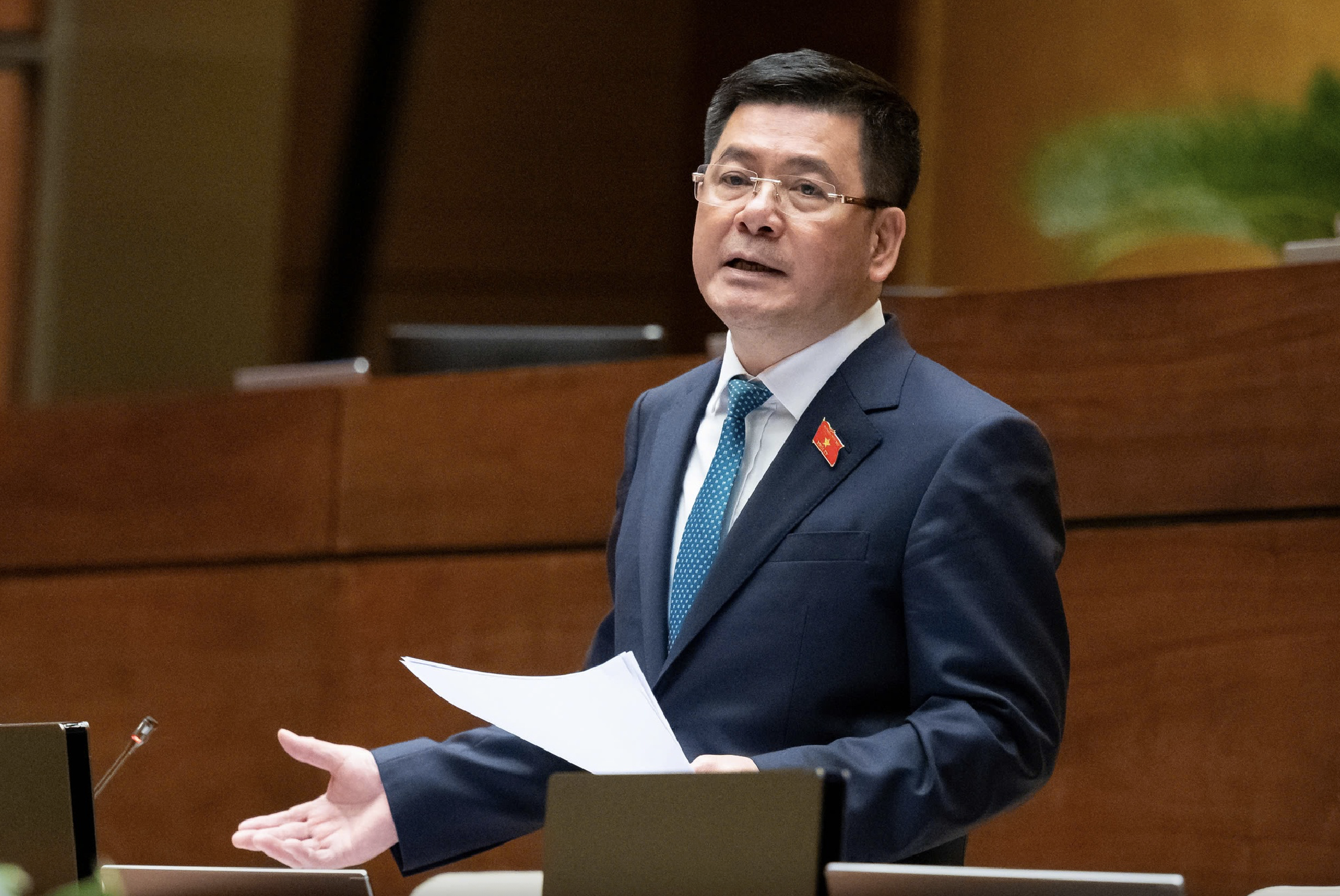
Minister of Industry and Trade Nguyen Hong Dien.
Discussing the reason for the request for negotiations within 12 months, the Minister of Industry and Trade said that within this time frame, all negotiations must be completed. Because if not, the units will find excuses to prolong, leading to a power shortage.
Regarding the addition of new policies to develop new energy sources, Mr. Dien pointed out the fact that by 2030, our country needs to double the current capacity. Then, by 2050, the required electricity capacity will be 5 times higher than the current capacity.
When traditional power sources have no room to develop, the Minister affirmed that there must be nuclear power and new energy sources in the future.
Regarding the additional provisions related to new energy, the head of the industry and trade sector pointed out that the draft Law stipulates additional regulations on the development of a competitive electricity market and the authority of the agency deciding on investment policies for urgent electricity projects, and the policy of revoking slow-progressing electricity projects...
Mr. Dien said that unlike industrial projects, power projects must be one step ahead. In addition, the electricity produced must have a consumer address.
The head of the electricity industry mentioned above that in reality, there are projects that have been assigned to investors for 10 years, even 20 years, but have not been implemented.
"Thus, we are lacking electricity because previous projects did not have any mechanism to attract investors. Special power projects, once planned, must be implemented, once assigned, must be implemented, if they cannot be implemented, they must be revoked. Should the whole country just sit and wait for a few investors?", Mr. Dien expressed his opinion and said that this issue must be clearly regulated.
The urgent task is to have appropriate, synchronous and feasible mechanisms and policies to attract domestic and foreign investors to develop power sources and grids, especially electricity from renewable energy, new energy sources, clean energy or inter-regional transmission grids.
Currently, our country has a mechanism to attract investment in the power grid system. In addition, the revised Law basically opens the door for investors to invest in the transmission system.
According to the Minister, of course, high-voltage and ultra-high-voltage systems must be state-owned. Now, the draft law is considering regulations that allow private investment in transmission systems of 220kV or below or 110kV or below.
"If the delegates press the button to approve 220kV voltage or lower, the private sector can invest, so that renewable energy sources can be mobilized scattered and dispersed throughout the country, then we will comply," said Mr. Dien.
Source: https://www.baogiaothong.vn/dai-bieu-quoc-hoi-quy-dinh-nhu-the-nay-mua-quyt-moi-co-thi-truong-dien-canh-tranh-192241107170635672.htm


![[Photo] General Secretary To Lam arrives in Minsk, begins state visit to Belarus](https://vphoto.vietnam.vn/thumb/1200x675/vietnam/resource/IMAGE/2025/5/11/76602f587468437f8b5b7104495f444d)

![[Photo] General Secretary To Lam concludes visit to Russia, departs for Belarus](https://vphoto.vietnam.vn/thumb/1200x675/vietnam/resource/IMAGE/2025/5/11/0acf1081a95e4b1d9886c67fdafd95ed)


![[Photo] General Secretary To Lam meets and expresses gratitude to Vietnam's Belarusian friends](https://vphoto.vietnam.vn/thumb/1200x675/vietnam/resource/IMAGE/2025/5/11/c515ee2054c54a87aa8a7cb520f2fa6e)


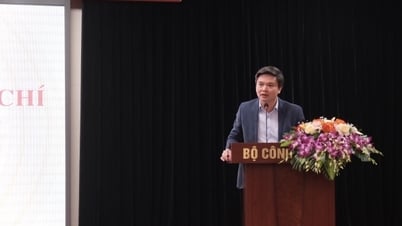
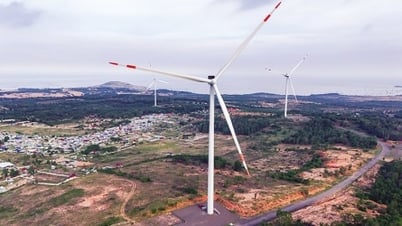

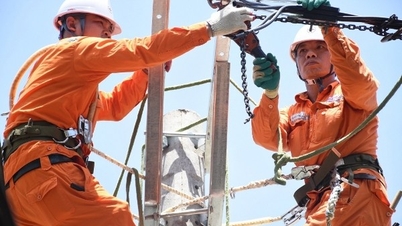


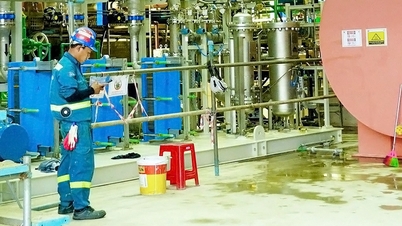



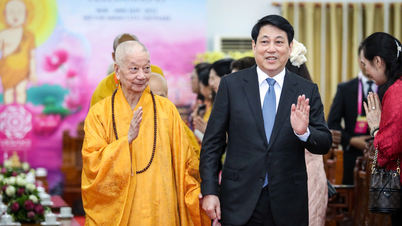


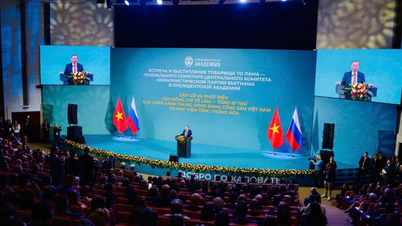











![[Photo] National Assembly Chairman Tran Thanh Man attends the Party Congress of the Committee for Culture and Social Affairs](https://vphoto.vietnam.vn/thumb/1200x675/vietnam/resource/IMAGE/2025/5/11/f5ed02beb9404bca998a08b34ef255a6)


























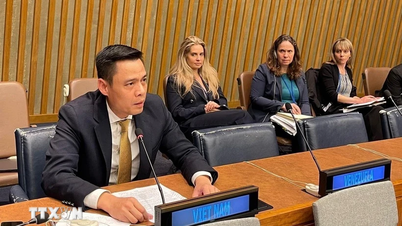




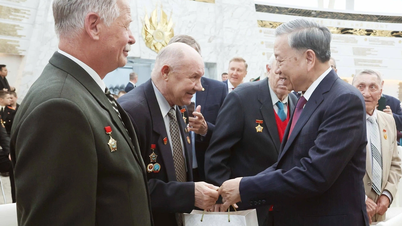
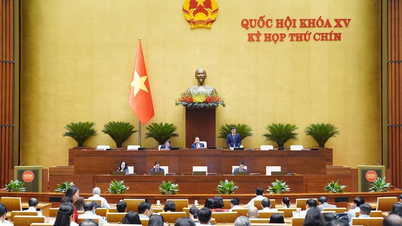
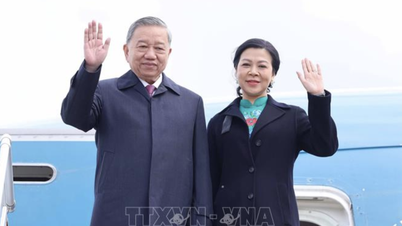












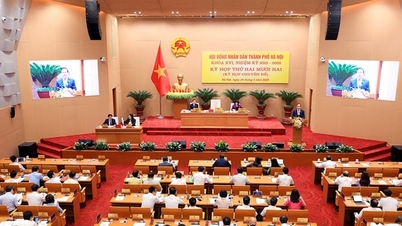















Comment (0)